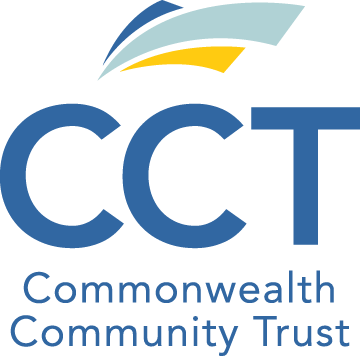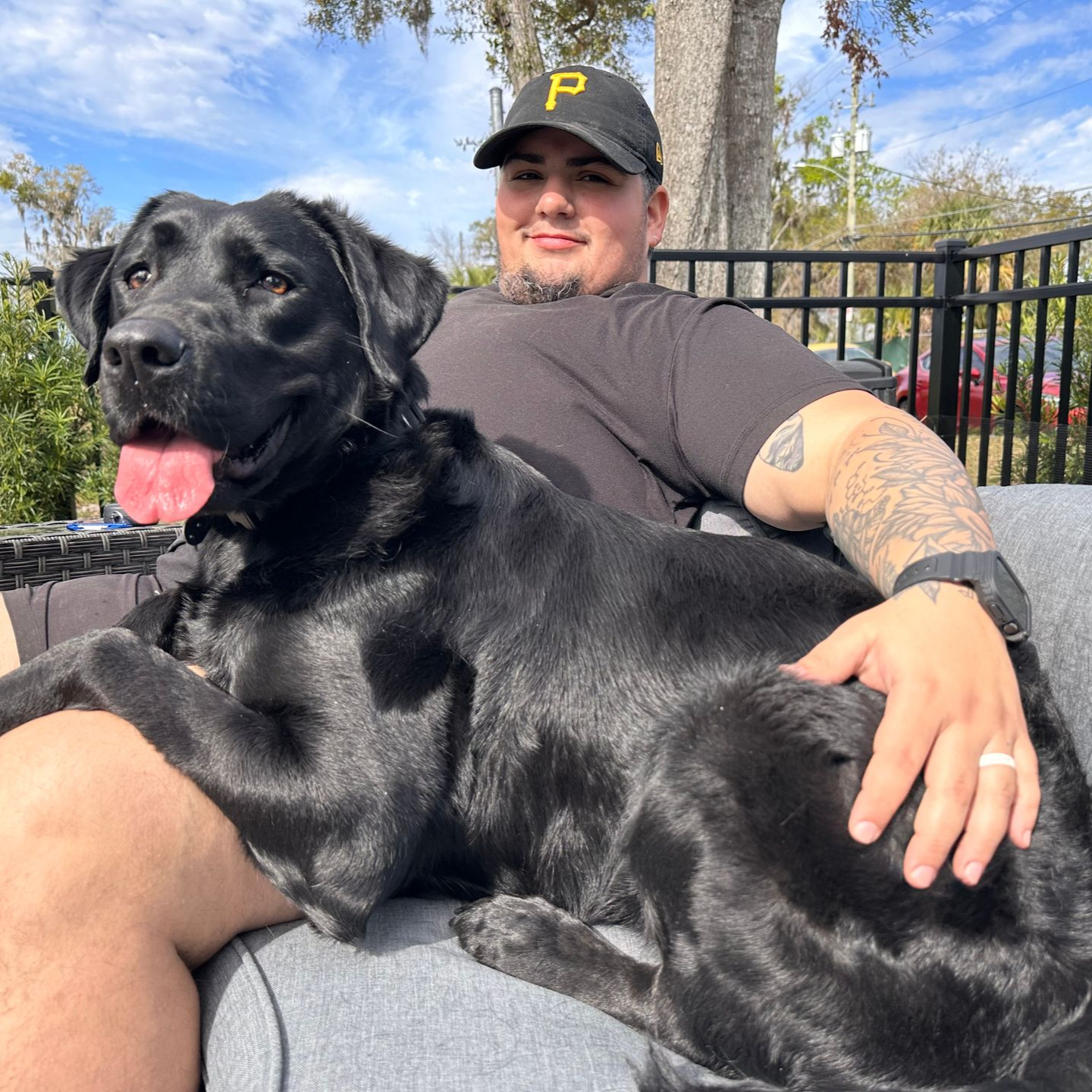Third Party Pooled Special Needs Trust (PSNT)
A Third-Party PSNT is established by a parent, relative, or friend of the beneficiary,
and can be coordinated with an estate plan, insurance policy, or gift.
Third-Party Special Needs Trust: Joining Documentation
What is a Third-Party
Pooled Special Needs Trust?
In this insightful video, discover the remarkable benefits of our Third-Party Pooled Special Needs Trust. Join our Counsel & Director of Client Services, Ben Tiefenback, as he delves into the details and advantages of this valuable resource.

Real Estate
We are thrilled to be able to offer our clients’ families and loved ones the opportunity to transfer a home for the Beneficiary into a third-party sub-account. We know this is such an important part of estate planning and providing for the Beneficiary’s future—a stable and familiar home.
Our New Client Team is ready to help you explore how this option can be incorporated into your estate plan. We are also accepting homes as part of transfers or decanting from existing special needs trusts.
Please click the button below to learn about our real estate program and guidelines.
Third-Party (PSNT) 101:
In this informative playlist, we take a closer look at the key aspects of a Third-Party (PSNT). Our knowledgeable New Client Services team breaks down important topics including the benefits of a Third-Party PSNT, how to set up a sub-account, allowable uses of funds, associated fees, and more. Whether you're an attorney, family member, or care provider, this series offers clear guidance to help you better understand this vital financial planning tool for individuals with disabilities.

Funding the Sub-account
The most common way trusts are funded is through the Grantor’s will, estate plan, life insurance policy, or employee benefit. The trust can also be funded by a gift, bequest, or inheritance. CCT accepts cash assets for deposit into the trust. We also accept Real Estate. Once funded, the trust is irrevocable.
Once the Grantor completes the Joinder Agreement and other forms, the trust is set up and waiting to be funded. There is no expectation that the account be funded immediately. The account is available to receive funds (cash/check) from any source and at any time. When appropriate it is helpful to notify family members and others about the Beneficiary’s sub-account and that funds be directed to the trust with CCT and not given or left directly to the individual (see sample letter).
How Funds in the Trust Can Be Used
The funds can be used to pay for expenses that will enhance the quality of life for the Beneficiary. Disbursements can be requested from the trust by a Primary or Secondary Advocate. Bills are paid by check to vendors or reimbursed to the Advocate or in certain circumstances a credit card is made available and funded by the Beneficiary’s sub-account.
For more information, see our Disbursement Information Manual.
Additional Third-Party Resources
Third-Party Grantor Vision
The Grantor Vision and Information Form is an opportunity for the grantor to share their vision for how they wish for the trust to be used and to provide additional information about the beneficiary.
Third-Party Remainder Policy
The Remainder Policy explains what happens to funds remaining in the sub-account upon the death of the beneficiary.
CCT Trust IPS
The Investment Policy Statement (IPS) is carefully crafted and reviewed regularly by the CCT Board of Director’s Finance and Investment Committee.
Important Definitions
Have questions?
If you have any questions about the process, please don’t hesitate to call our office at 804-740-6930 or email us at contact@trustCCT.org. Our staff is available to answer your questions Monday through Friday from 9:00 am to 5:00 pm ET.
Mailing Address:
Commonwealth Community Trust
P.O. Box 29408
Richmond, VA 23242-0408



